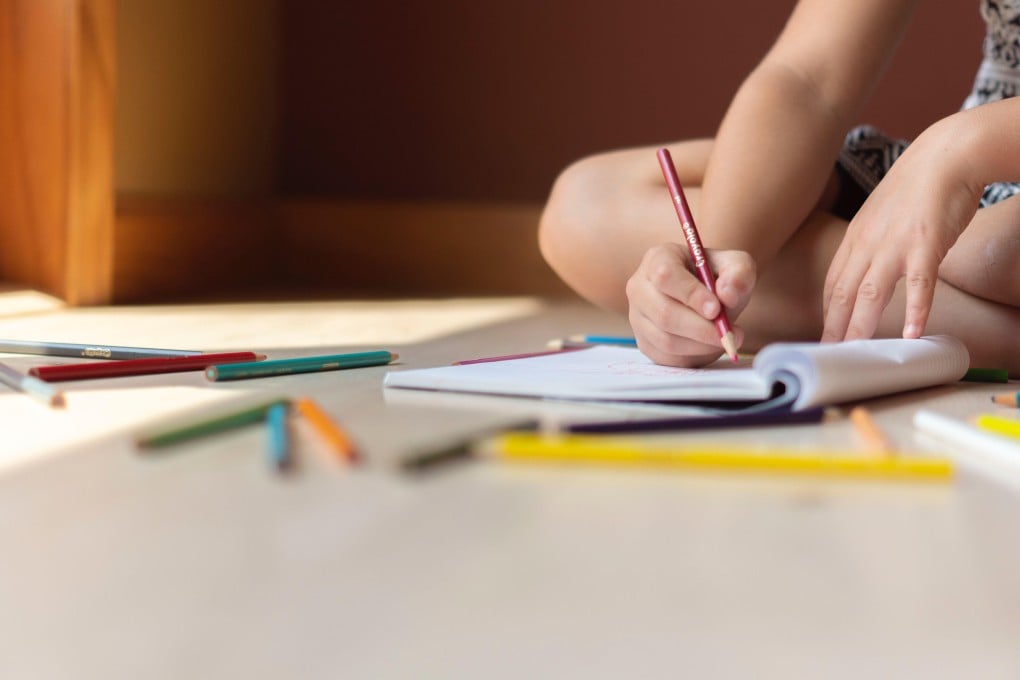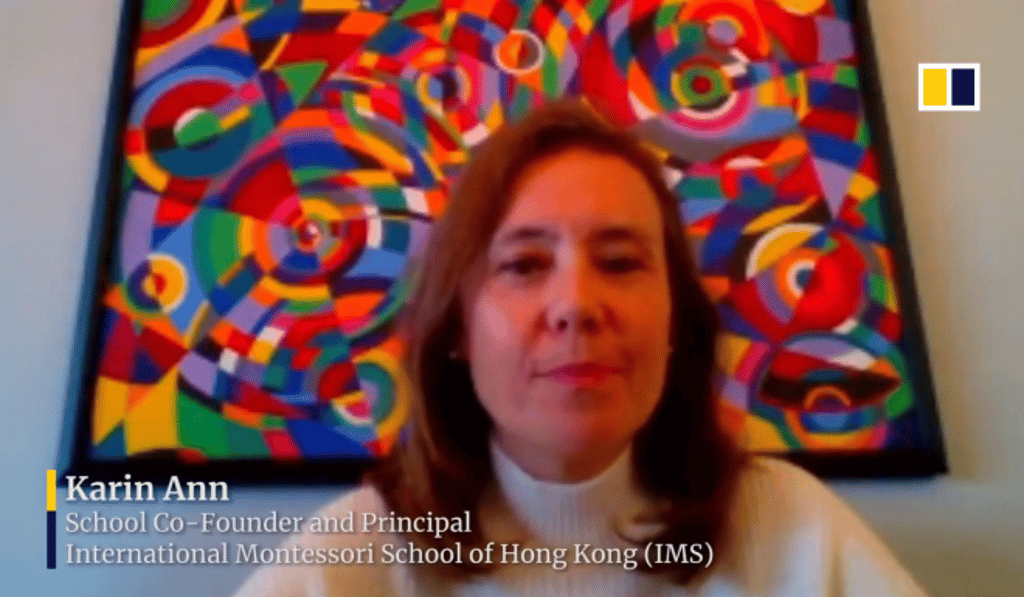What are the benefits of raising bilingual-multilingual language learners?
- Raising bilingual or multilingual children not only provides them with more opportunities and better communication skills, but also has positive effects on things such as problem solving, logic, memory, and decision making

Raising bilingual or multilingual children not only provides them with more opportunities and better communication skills, but also has positive effects on things such as problem solving, logic, memory, and decision making. Additionally, dual language learners often have higher EQ (emotional intelligence) and are able to connect with and appreciate several cultures and communities from an early age.

Having a united front, both at school and at home, is important for the progress of young language learners. For example, at International Montessori School of Hong Kong, the teachers know what the children are capable of learning at different stages and help them continually improve as they develop and grow confidence in their language abilities. With a daily routine of dual-language immersion, the young learners recognise the “second language” as a way of life instead of a subject. This greatly heightens the language exposure when continuing at home.
Many parents have concerns about how they can nurture their children’s language development in different stages of acquisition. Karin shares that many kids don’t actually have problems with confusion when learning two languages, but there are a few things that can help with their learning process. First, if the parents can speak the language being learned at home, it will help maintain a consistent learning environment. If this cannot be done, it is also very effective to increase their exposure to different languages through radio and television, play dates, travel, and more.

People who know more than one language are mentally fit in many categories and have been shown to have an intellectual advantage, stronger executive functions, and increased emotional intelligence. Young people have a drive to communicate, and with motivation and consistency, parents can raise fluent multilingual children that are excited to learn.